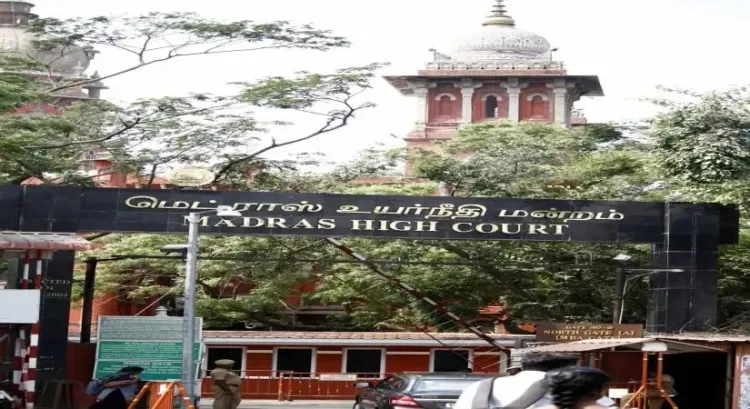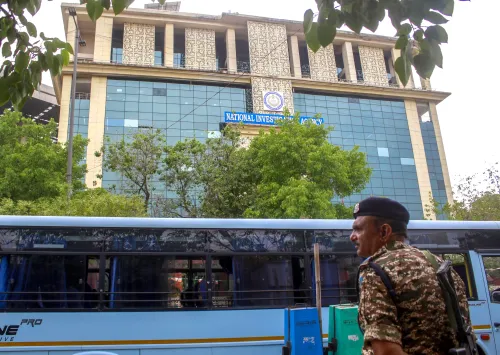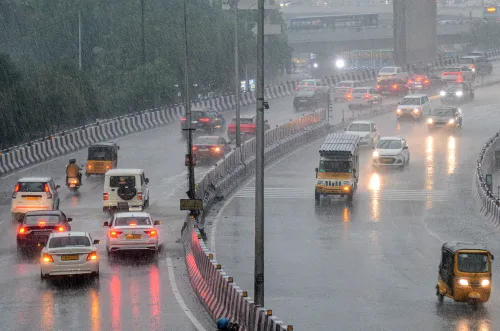Could the Madras HC Mediate the Dispute Between Film Producers and Technicians?

Synopsis
Key Takeaways
- Madras High Court appointed a mediator to resolve the film industry dispute.
- TFPC faces financial losses due to technician non-cooperation.
- FEFSI issued a directive halting collaboration with TFPC.
- Mediation aims to foster dialogue and reach a solution.
- Both parties urged to engage in good faith during mediation.
Chennai, July 2 (NationPress) In a bid to address the ongoing conflict between the Tamil Film Producers Council (TFPC) and the Film Employees Federation of South India (FEFSI), the Madras High Court appointed former judge Justice M. Govindaraj as a mediator on Wednesday.
The decision came from a bench led by Justice K. Kumaresh Babu, who instructed the mediator to facilitate discussions between both factions and report back to the court at the earliest.
This dispute has resulted in the suspension of numerous film projects, leading to considerable financial setbacks for producers.
Advocate Krishna Ravindran, representing the TFPC, informed the court that producers were facing significant losses due to the technicians’ lack of cooperation, which followed a directive from the FEFSI issued on April 2.
This directive mandated all 22 associations linked with the federation to cease working with TFPC members, effectively halting many film shoots.
The TFPC has subsequently filed a civil suit seeking to declare FEFSI’s communication as null and void. They have also sought an interim injunction to prevent FEFSI members from following what they deem an illegal non-cooperation directive.
Ravindran suggested appointing an additional retired judge as a second mediator, provided FEFSI agrees to share the costs.
However, advocate G. Mohanakrishnan, representing FEFSI, opposed this, stating that his client could not afford mediation costs and argued that the financially better-off producers should cover the expenses.
Mohanakrishnan also strongly contested the TFPC's request for an interim order mandating FEFSI members to cooperate during mediation, claiming it could be exploited by producers to their advantage.
Justice Kumaresh Babu acknowledged these concerns and urged both sides to engage in the mediation process honestly to reach a mutually beneficial solution. The court refrained from issuing any interim orders and postponed the case, requesting the mediator to submit a status report soon.









